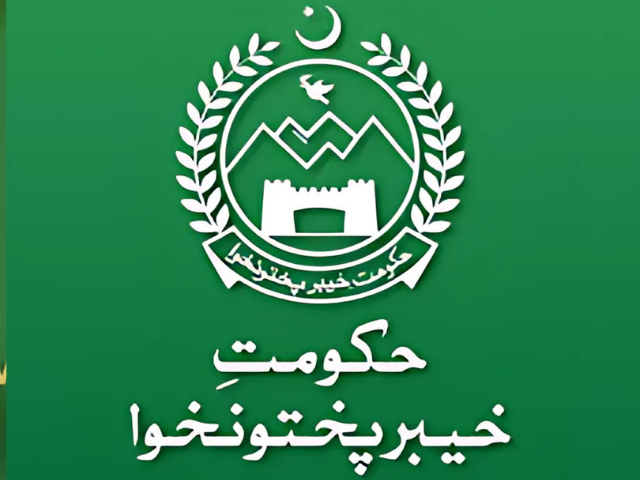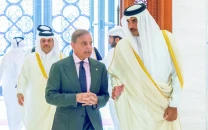A little more resistance, a little less governance
Province became a hub for the ruling party's confrontations with the central government

The ruling Pakistan Tehreek-e-Insaf (PTI) assumed power in Khyber Pakhtunkhwa (K-P) for an unprecedented third time a little over ten months ago, raising hopes for political, economic, and security reforms. However, for much of the year since its reelection, the saw the province become a staging ground for PTI's confrontations with the federal government, overshadowing governance and development.
Ali Amin Gandapur, the firebrand leader who took office as Chief Minister this year, quickly became known for his combative tone toward the center. So far, the timeline of his tenure appears punctuated by protests, sit-ins, and political grandstanding, which not only panicked the federal government but also paralyzed his provincial administration. However, experts observing the ongoing political tug-of-war between the two sides believe that PTI's focus on anti-federal agitation relegated issues related to governance to the back burner, leaving key projects and development initiatives in a state of uncertainty.
Throughout the year, K-P served as a 'base' for PTI's protest movement against the center, which it holds responsible for imprisoning its party supremo. The provincial capital became a transit hub for leaders seeking bail in cases linked to the May 9 incidents across the country. The protests often spiralled into violence, with PTI workers and even provincial ministers allegedly targeting federal installations, including grid stations. Setting new records, over 100 cases were filed against PTI lawmakers, including the Chief Minister, for damaging PESCO, a federal asset, and forcibly activating feeders. Observers have said that this unprecedented assault on public infrastructure sets a troubling precedent for what they described as political point-scoring.
In October, the party called for a large-scale protest. When Chief Minister Gandapur's convoy reached Islamabad, the capital's police responded by arresting 64 rescue personnel, 24 policemen, and eight municipal employees accompanying the convoy. Seventeen vehicles, including heavy machinery, were also confiscated. The arrests of provincial government employees highlighted the extent of PTI's entanglement in anti-federal actions.
A month later, in November, the party staged another sit-in at D Chowk, calling it the 'final showdown.' Workers from K-P formed the bulk of the participants. Despite Gandapur's leadership, the federal government's crackdown prevented the convoy from entering Islamabad's red zone. Over 1,000 individuals were arrested and remain incarcerated in various jails.
Missed opportunities
Throughout 2024, observers said, the provincial administration appeared more invested in protests than governance. Development projects stagnated, hospitals suffered from neglect, and law and order deteriorated to unprecedented levels. Governor Faisal Karim Kundi described the situation bluntly, claiming that Bushra Bibi, the wife of PTI's founder, wielded de facto control over the province. "She is running the affairs of the province," Kundi alleged, adding that the Chief Minister seemed more focused on cabinet reshuffles than addressing public grievances.
According to experts, even the opposition failed to hold the government accountable. On issues like inflation, deteriorating security, and provincial rights, opposition parties neither mounted significant protests nor raised concerns effectively in the assembly. Instead, their muted presence gave the impression of a "friendly opposition."
Based on reports gathered by the Express Tribune, during this time, several development projects were left to flounder, while the political discourse in the province remained fixated on agitation.



















COMMENTS
Comments are moderated and generally will be posted if they are on-topic and not abusive.
For more information, please see our Comments FAQ